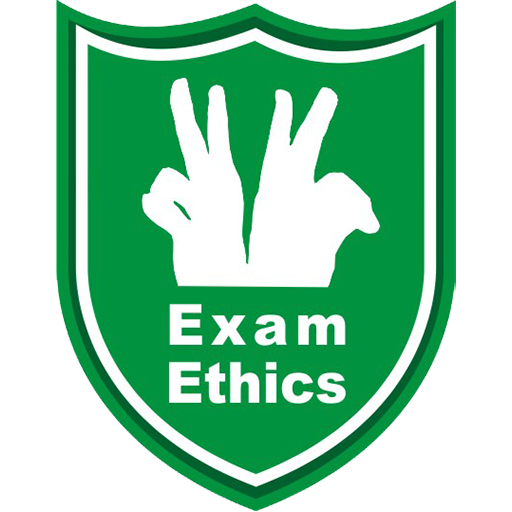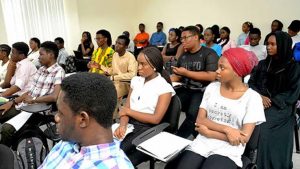Speech delivered in 1964 from the dock of the Pretoria courtroom that led the foundation for the eventual defeat of the apartheid regime of South Africa, the movement of Mandela from prisoner to head of state, and his continued celebration as the greatest statesman of all times.
His Excellency, Nelson Mandela (1918-2013) is one of the greatest Statesmen of all times. He was educated at the University of Fort Hare, Uol External Programme, University of South Africa, and the University of Witwatersrand. Even though Mandela was comfortable as a politician and lawyer, he led the African National Congress 1952 Defiance Campaign against apartheid, a system of racial segregation that privileged whites. He co-founded the militant Umkhonto we Sizwe in 1961 and led the sabotage campaign against Government. In 1962, he was arrested, convicted of conspiracy to overthrow the state, and sentenced to life imprisonment. He served 27 years in prison before he was released in 1990. He became South Africa’s first black President in 1994, established a new constitution, created the Truth and Reconciliation Commission, reformed land use, reduced poverty, expanded healthcare services. He declined to run for a second term and became the most admired global citizen and statesman of all time. He received all the highest honors and awards in the world including the Sakharov Prize (1988), Bharat Ratna (1990), Nobel Peace Prize (1993), Order of Lenin, and Presidential Medal of Freedom. The foundation for Mandela’s greatness was cemented in 1964, after serving two years of his life imprisonment, when he was taken to Pretoria courtroom and offered a deal to renounce the anti-apartheid campaign and regain his freedom. Instead of denouncing the campaign, he used the opportunity to deliver his greatest speech ever from the prison dock which was made famous by the closing lines, “an idea I am prepared to die for”
…The complaint of Africans, however, is not only that they are poor, and whites are rich, but that the laws which are made by the whites are designed to preserve this situation.
… There is compulsory education for all white children at no cost to their parents, be they rich or poor. Similar facilities are not provided for African children… The quality of education is also different… The Government often answers its critics by saying that Africans in South Africa are economically better off than the inhabitants of the other countries in Africa. I do not know whether this statement is true and doubt whether any comparison can be made without having regard to the cost-of-living index in such countries. But even if it is true, as far as African people are concerned, it is irrelevant. Our complaint is not that we are poor by comparison with people in other countries, but that we are poor by comparison with white people in our own country, and that we are prevented by legislation from altering this imbalance.
… My Lord, we want equal political rights, because without them our disabilities will be permanent. I know this sounds revolutionary to the whites in this country because most voters will be Africans. This makes the white man fear democracy.
But this fear cannot be allowed to stand in the way of the only solution which will guarantee racial harmony and freedom for all. It is not true that the enfranchisement of all will result in racial domination. Political division, based on colour, is entirely artificial and, when it disappears, so will the domination of one colour group by another. The ANC has spent half a century fighting against racialism. When it triumphs as it certainly must, it will not change that policy.This then is what the ANC is fighting. Our struggle is a truly national one. It is a struggle of the African people, inspired by our own suffering and our own experience. It is a struggle for the right to live.
During my lifetime I have dedicated my life to this struggle of the African people. I have fought against white domination, and I have fought against black domination. I have cherished the ideal of a democratic and free society in which all persons will live together in harmony and with equal opportunities. It is an ideal for which I hope to live for and to see realized. But, My Lord, if it needs to be, it is an ideal for which I am prepared to die.
ADDENDUM
Is our liberation from corruption an ideal for which we are prepared to sacrifice our lives?










